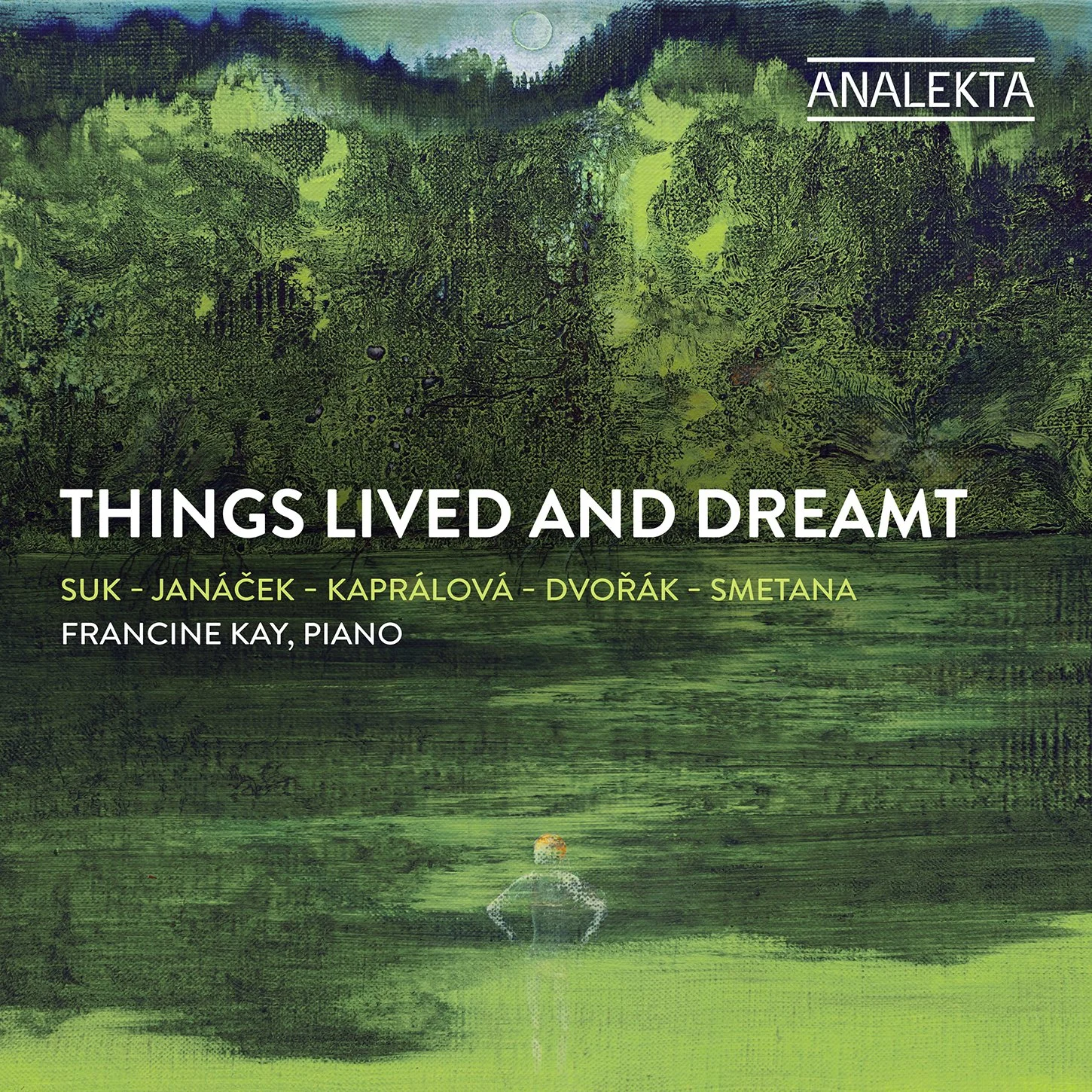Baruch Performing Arts Center continues spring season of recitals
March 5: Vision Duo (violinist Ariel Horowitz and percussionist Britton-René Collins)
March 6: Pianist/soprano Chelsea Guo
May 19: Classical accordionist Hanzhi Wang
Baruch Performing Arts Center's "perfect hall for chamber music" (New York Times) continues its spring recital season with concerts featuring award-winning artists. On March 5, Vision Duo (violinist Ariel Horowitz and percussionist Britton-René Collin) performs classical works with a contemporary twist as part of Baruch PAC's Silberman Concert Series. Then on March 6, the multi-talented soprano and pianist Chelsea Guo accompanies herself performing arias by Rossini, Donizetti, and Fauré in addition to solo piano works by Chopin and Ravel. On May 19, Baruch PAC welcomes back classical accordionist Hanzhi Wang, who delighted audiences in her debut at the hall last year. Season details below.
Tickets to all shows available at bpac.baruch.cuny.edu
Downloadable images & bios available in the digital press kit
Baruch PAC Spring Season Details
All concerts at 7 pm at Baruch Performing Arts Center
55 Lexington Ave, New York, NY (enter on 25th Street between Third and Lexington Avenues, on the south side of the street)
Wednesday, March 5: Vision Duo
Vision Duo (violinist Ariel Horowitz and percussionist Britton-René Collins) perform classical works with a contemporary twist. In their Baruch PAC recital debut, the duo performs Bizet/Hubay's Carmen Fantasy, Misty by the jazz pianist Erroll Garner, Piazzolla's History of Tango, a piece by their own Ariel Horowitz, alongside works by other contemporary composers.
Horowitz and Collins formed the duo after winning the Concert Artists Guild International Competition’s Ambassador Prize as soloists. They quickly discovered their shared passion for post-genre and contemporary music, promoting systemic change, and centering equity and access in musical spaces. The duo has performed for top presenters throughout North America - including the Phillips Collection, Dumbarton Concerts in Washington, D.C., and Chamber Music Society of Detroit - and has attended the prestigious Avaloch Farm Music Institute as artist in residence.
This concert is part of the Silberman Recital Series.
Thursday, March 6: Pianist/soprano Chelsea Guo
“A very fine pianist with a beguiling voice, Here is a rare talent." – BBC Music Magazine
Chelsea Guo is one of the rare talents equally formidable as both a soprano and a pianist. First-prize winner of the 2022 YCA Susan Wadsworth International Auditions and a 2022 Classic FM Rising Star, Guo has attracted international attention as a pianist and soprano of remarkable gifts. As she forges her own unique, multi-faceted path, Chelsea is gaining increasing recognition from all corners of the classical musical world. She has performed at Carnegie Hall, Wigmore Hall in London, as well as other prominent venues in the North America, Europe and Asia. Her debut album "Chelsea Guo: Chopin in My Voice" (2021) was praised by Gramophone Magazine as an "Essential New Album." Later this season, Guo heads to Vienna to become a studio member of the Volksoper Wien.
Her Baruch PAC performance features classical favorites for voice and piano, with Guo accompanying herself on a program that features works by Chopin, Ravel, Faure, Donizetti, Rossini and more.
Monday, May 19: Classical accordionist Hanzhi Wang
“Staggering virtuosity that held the audience in a state of breathlessness, as thrilling to watch as to hear ” – Oberon's Grove
The classical accordionist Hanzhi Wang returns to Baruch PAC's stage after her wildly popular performance last season. A groundbreaking artist, Hanzhi was the first accordionist to win Young Concert Artists International Auditions, the first to be named Musical America’s “New Artist of the Month,” and the first solo accordionist on WQXR Radio’s Young Artists Showcase.
Hanzhi made her Carnegie Hall and Kennedy Center debuts in 2017. Her awards include the Ruth Laredo Prize and Mortimer Levitt Career Development Award for Women Artists of YCA and First Prize in the 40th Castelfidardo International Accordion Competition in Italy. She has performed recitals at UC Santa Barbara’s Lively Arts, Stanford Live, Bravo! Vail, The Morgan Library & Museum in New York City. As soloist, she has performed with the Oregon Music Festival, Victoria Symphony, Erie Philharmonic, and Reno Chamber Orchestra. Composers Martin Lohse, James Black, and Sophia Gubaidulina have written and dedicated works to her.





